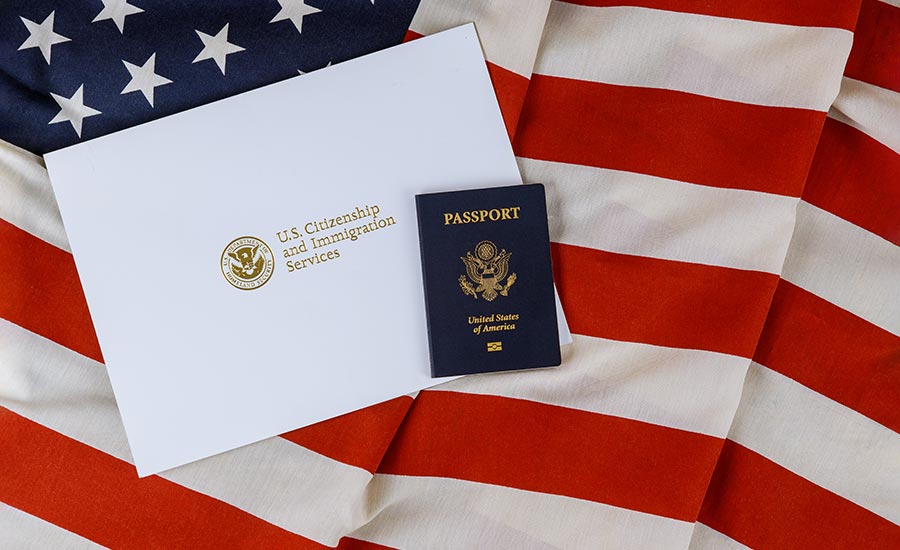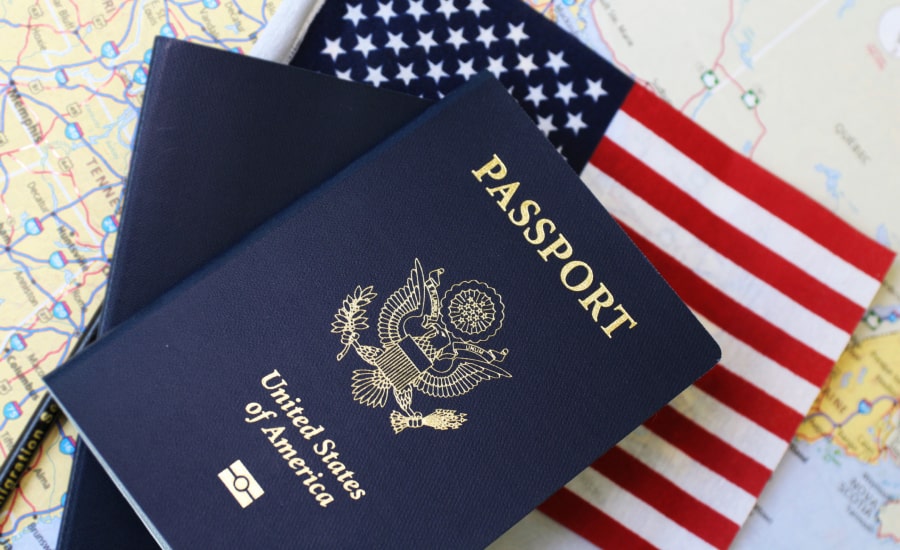

The immigration debate in the U.S. has taken a dramatic turn following President Trump’s recent invocation of the Alien Enemies Act of 1798, a rarely used law with roots in the 18th century.
This act, which was originally designed as a wartime measure, is now being leveraged to deport migrants allegedly linked to a Venezuelan gang. However, a federal judge swiftly blocked the action, setting the stage for a legal and constitutional battle that could have major implications for immigration policy.
What Is the Alien Enemies Act?
The Alien Enemies Act is part of the Alien and Sedition Acts of 1798 and was created before the time of formal immigration laws or federal intelligence agencies. It was primarily used to deport individuals from enemy nations during wartime when the U.S. government had no effective way to verify loyalties.
The law has only been invoked a few times in American history:
- The War of 1812: Used to deport British nationals.
- World War I: Applied to German nationals living in the U.S.
- World War II: Most infamously used as legal justification for the internment of Japanese Americans and deportations during wartime.
Most recently, the law was invoked during President Truman’s administration as part of post-WWII deportations. The Supreme Court later upheld its constitutionality, arguing that wartime authority is a political decision left to the executive branch.
Trump’s Proclamation and Its Legal Challenges
President Trump’s proclamation stated that Tren de Aragua, a Venezuelan gang, is a designated foreign terrorist organization that has infiltrated the U.S. His administration argues that deporting its members is necessary to protect national security.
However, a federal judge blocked the move for 14 days, citing constitutional concerns regarding due process and executive overreach.
One key phrase in Trump’s proclamation that has raised legal eyebrows is “irregular warfare.” Under the Alien Enemies Act, the President can only invoke deportation powers if there is an ongoing war, an invasion, or a “predatory invasion.”
Immigration experts are questioning whether a criminal organization, rather than a national government, can be classified as an invading force.
The Constitutional Crisis: Executive Overreach?
Immigration attorney Brad Bernstein points out that the power to declare war belongs to Congress, not the President. The Trump administration’s move bypasses the legislative process and raises key constitutional questions:
- Are we at war? Congress has not declared war on Venezuela or any criminal group.
- Can a gang be considered an invading force? The act was written with the intent of dealing with foreign nations, not non-state actors.
- Who decides who is in a gang? Deportations under this proclamation could be based on subjective determinations by ICE officers rather than judicial oversight.
A Slippery Slope: Who’s Next?
While some Americans may support deporting gang members, this move could set a dangerous precedent. If the administration successfully bypasses due process for certain migrants, what prevents it from expanding the policy?
For example:
- Could undocumented farm workers be next?
- Could any immigrant with a criminal record — no matter how minor — be labeled a “threat” and deported without a hearing?
- Could this policy extend beyond migrants, affecting permanent residents or even naturalized citizens with ties to targeted groups?
History offers a sobering warning. Similar mass deportations and collective punishment policies have resulted in grave injustices, from the Chinese Exclusion Act to the internment of Japanese Americans.
Defying the Courts: A Constitutional Showdown
Despite the federal court’s order blocking the deportations, the Trump administration reportedly proceeded with some removals. The administration dismissed the ruling, calling it “baseless” and insisting that deportations had already taken place before the order was issued.
This raises serious concerns about the rule of law. If the executive branch ignores court orders, it could signal a shift toward unchecked presidential power, undermining the judiciary’s role as a constitutional check.
Public Opinion: Will It Matter?
Public support for stricter immigration policies remains strong, but opinions can shift when real people’s stories emerge. Americans often support deportations in the abstract, but when individuals with families, jobs, and deep U.S. ties get caught up in mass deportations, empathy grows.
As Bernstein points out, “People change their minds very fast when they see a face, not just a policy.”
What Happens Next?
There are several instances likely to follow:
- The legal battle will probably escalate to higher courts, potentially reaching the Supreme Court.
- Congress could step in, though political gridlock makes action unlikely.
- Public outcry — or lack of it — could shape how aggressively Trump continues to push executive immigration powers.
This historic legal fight over the Alien Enemies Act is about more than immigration; it’s about the fundamental balance of power in the U.S. government. If the Trump administration succeeds, it could redefine presidential authority over immigration for years to come.
Will this be remembered as a necessary move for national security or a dangerous precedent that eroded individual rights? Only time will tell.




